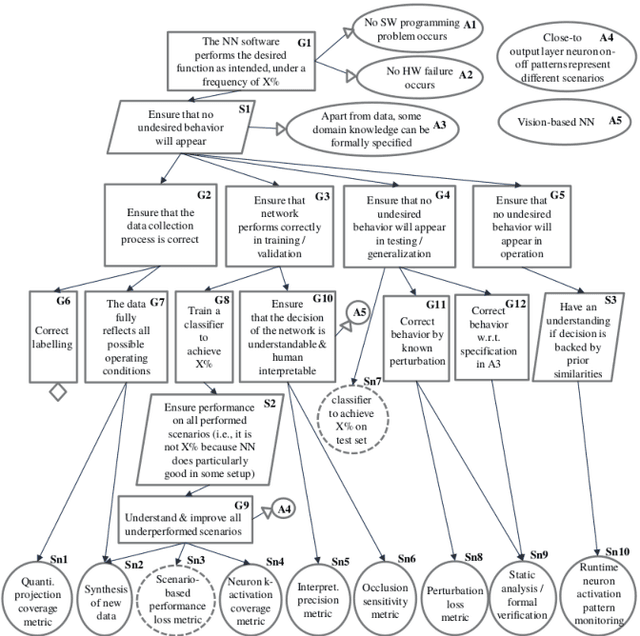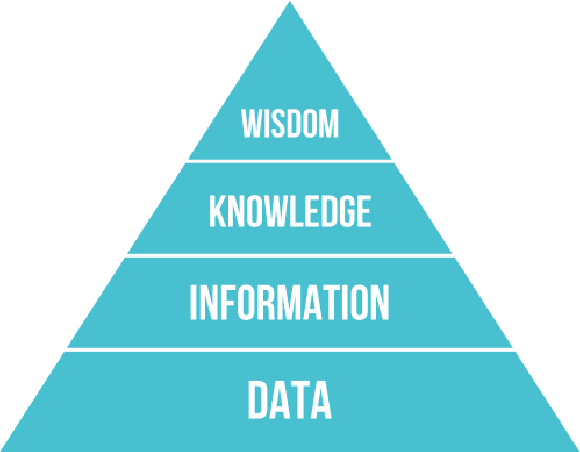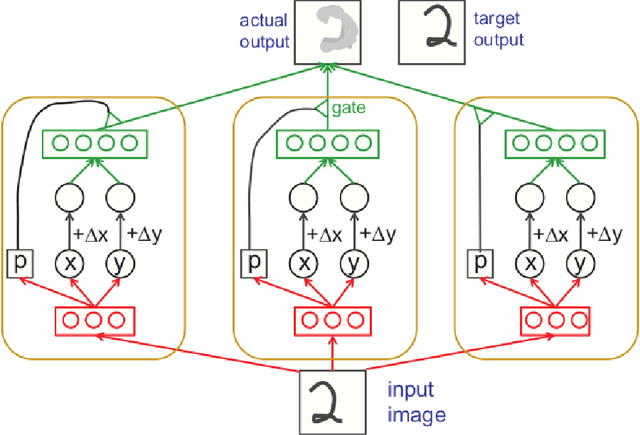Harald Rueß
Safe AI -- How is this Possible?
Jan 25, 2022



Abstract:Ttraditional safety engineering is coming to a turning point moving from deterministic, non-evolving systems operating in well-defined contexts to increasingly autonomous and learning-enabled AI systems which are acting in largely unpredictable operating contexts. We outline some of underlying challenges of safe AI and suggest a rigorous engineering framework for minimizing uncertainty, thereby increasing confidence, up to tolerable levels, in the safe behavior of AI systems.
Knowledge as Invariance -- History and Perspectives of Knowledge-augmented Machine Learning
Dec 21, 2020


Abstract:Research in machine learning is at a turning point. While supervised deep learning has conquered the field at a breathtaking pace and demonstrated the ability to solve inference problems with unprecedented accuracy, it still does not quite live up to its name if we think of learning as the process of acquiring knowledge about a subject or problem. Major weaknesses of present-day deep learning models are, for instance, their lack of adaptability to changes of environment or their incapability to perform other kinds of tasks than the one they were trained for. While it is still unclear how to overcome these limitations, one can observe a paradigm shift within the machine learning community, with research interests shifting away from increasing the performance of highly parameterized models to exceedingly specific tasks, and towards employing machine learning algorithms in highly diverse domains. This research question can be approached from different angles. For instance, the field of Informed AI investigates the problem of infusing domain knowledge into a machine learning model, by using techniques such as regularization, data augmentation or post-processing. On the other hand, a remarkable number of works in the recent years has focused on developing models that by themselves guarantee a certain degree of versatility and invariance with respect to the domain or problem at hand. Thus, rather than investigating how to provide domain-specific knowledge to machine learning models, these works explore methods that equip the models with the capability of acquiring the knowledge by themselves. This white paper provides an introduction and discussion of this emerging field in machine learning research. To this end, it reviews the role of knowledge in machine learning, and discusses its relation to the concept of invariance, before providing a literature review of the field.
 Add to Chrome
Add to Chrome Add to Firefox
Add to Firefox Add to Edge
Add to Edge